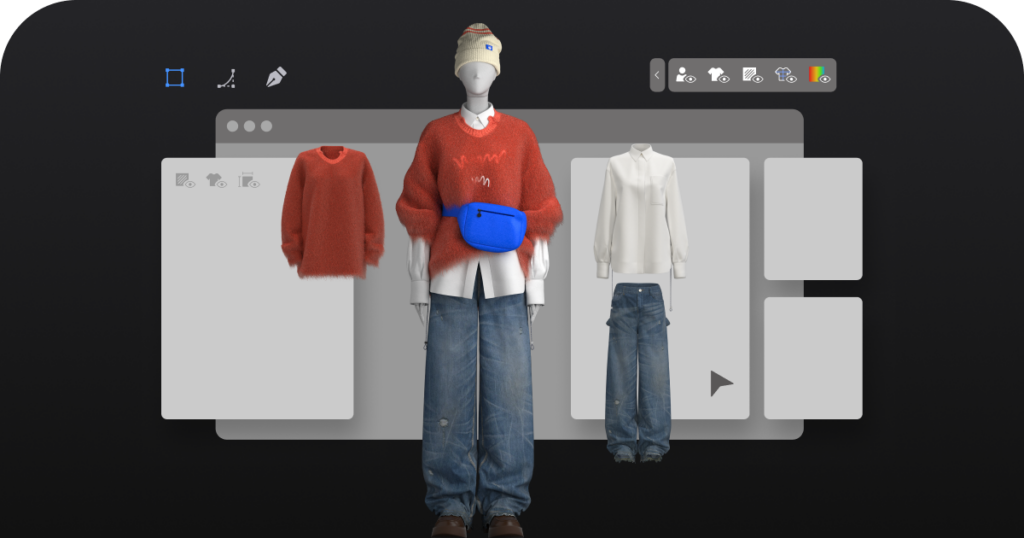The Future of Fashion: How Artificial Intelligence is Revolutionizing the Industry
In recent years, the fashion industry has witnessed a significant transformation, thanks to the integration of Artificial Intelligence (AI). This cutting-edge technology is not just a buzzword; it’s a game-changer that’s reshaping how designers create, how brands market, and how consumers shop.
What is Artificial Intelligence in Fashion?
Artificial Intelligence refers to the simulation of human intelligence in machines that are programmed to think and learn like humans. In the context of fashion, AI is being used to streamline various processes, from design and production to marketing and customer service.
Applications of AI in Fashion
AI is being utilized in numerous ways within the fashion industry:
- Design and Prototyping: AI algorithms can analyze trends and consumer preferences to assist designers in creating new collections. Tools like Style3D leverage AI to offer virtual prototyping, reducing the need for physical samples.
- Personalized Shopping: AI-powered recommendation engines analyze customer data to provide personalized product suggestions, enhancing the shopping experience.
- Supply Chain Optimization: AI helps in predicting demand, managing inventory, and optimizing logistics, ensuring that the right products are available at the right time.
- Sustainability: AI can help brands reduce waste by predicting trends more accurately and optimizing production processes.
Benefits of AI in Fashion
The integration of AI in fashion offers several benefits:
- Efficiency: Automating repetitive tasks allows designers and brands to focus on creativity and strategy.
- Cost Reduction: By optimizing various processes, AI helps in reducing operational costs.
- Enhanced Customer Experience: Personalized recommendations and faster service improve customer satisfaction.
- Innovation: AI opens up new possibilities for creative expression and product development.
Challenges and Considerations
While AI offers numerous advantages, there are also challenges to consider:
- Data Privacy: The use of AI involves collecting and analyzing large amounts of data, raising concerns about privacy and security.
- Job Displacement: Automation may lead to job losses in certain areas, necessitating a focus on reskilling and upskilling the workforce.
- Ethical Concerns: Ensuring that AI systems are unbiased and ethical is crucial to avoid perpetuating inequalities.
Conclusion
The integration of Artificial Intelligence in the fashion industry is not just a trend; it’s a transformative force that’s here to stay. By leveraging AI, brands can enhance efficiency, reduce costs, and offer a more personalized shopping experience. However, it’s essential to address the associated challenges to ensure that the benefits of AI are realized responsibly and ethically.
As we move forward, the collaboration between technology and creativity will continue to drive innovation in fashion, making it an exciting time for designers, brands, and consumers alike.
Keyword: 3d clothing designer

